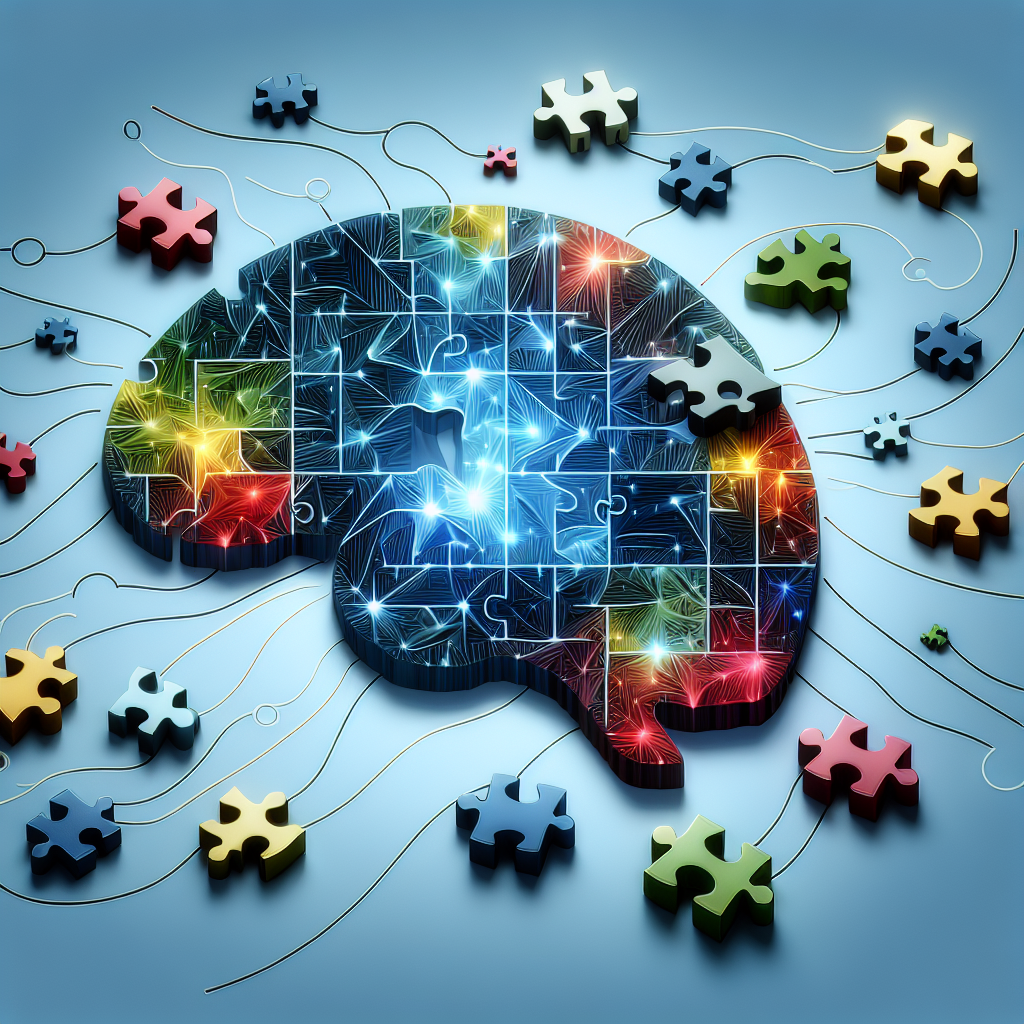Artificial General Intelligence (AGI) is a concept that has been discussed and debated in the field of artificial intelligence for many years. AGI refers to a machine that possesses the same level of cognitive abilities as a human being, including the ability to understand, learn, and apply knowledge in a wide range of tasks and contexts. While AGI has the potential to revolutionize many aspects of our society, including healthcare, transportation, and education, developing AGI poses a number of challenges and opportunities that must be carefully considered.
Challenges of Developing AGI
One of the biggest challenges in developing AGI is the complexity of human intelligence itself. The human brain is a highly intricate and dynamic system that is still not fully understood by scientists. Replicating this level of complexity in a machine is a daunting task that requires a deep understanding of neuroscience, cognitive psychology, and computer science. Additionally, the sheer amount of data and computational power required to build an AGI system is immense, and current technology may not be up to the task.
Another challenge in developing AGI is ensuring that the system is ethical and aligned with human values. AGI has the potential to make decisions and take actions that have far-reaching consequences, so it is crucial that these decisions are made in a way that is consistent with our morals and ethics. Ensuring that AGI is developed in a responsible and transparent manner is essential to prevent unintended consequences and ensure that it benefits society as a whole.
Opportunities of Developing AGI
Despite the challenges, developing AGI also presents a number of exciting opportunities for the future. AGI has the potential to revolutionize many industries and improve our quality of life in ways that were previously unimaginable. For example, AGI could help us make breakthroughs in healthcare by analyzing vast amounts of medical data to diagnose diseases and develop personalized treatment plans. AGI could also revolutionize transportation by making cars and other vehicles safer and more efficient, reducing accidents and traffic congestion.
Additionally, AGI could help us tackle some of the biggest challenges facing humanity, such as climate change, poverty, and inequality. By harnessing the power of AGI to analyze complex data and develop innovative solutions, we could make significant progress in addressing these global issues and building a more sustainable and equitable world.
FAQs
Q: What is the difference between AGI and artificial narrow intelligence (ANI)?
A: AGI refers to a machine that possesses the same level of cognitive abilities as a human being, while ANI refers to a machine that is highly specialized in performing a specific task or set of tasks. AGI is able to learn and adapt to new situations, while ANI is limited to the tasks it was designed for.
Q: How close are we to developing AGI?
A: While significant progress has been made in the field of artificial intelligence, we are still far from achieving true AGI. Developing AGI requires advances in many different areas, including neuroscience, cognitive psychology, and computer science, and it is likely to be many years before we reach this goal.
Q: What are some of the ethical considerations surrounding AGI?
A: One of the main ethical considerations surrounding AGI is ensuring that the system is aligned with human values and respects ethical principles. AGI has the potential to make decisions that have far-reaching consequences, so it is crucial that these decisions are made in a responsible and transparent manner. Additionally, concerns have been raised about the potential for AGI to be used for malicious purposes, such as surveillance or warfare, so it is important to develop AGI in a way that prioritizes safety and security.
In conclusion, developing AGI presents both challenges and opportunities that must be carefully considered. While the complexity of human intelligence and the ethical considerations surrounding AGI are significant hurdles to overcome, the potential benefits of AGI for society are immense. By addressing these challenges and opportunities in a responsible and thoughtful manner, we can ensure that AGI is developed in a way that benefits humanity and helps us build a better future.

